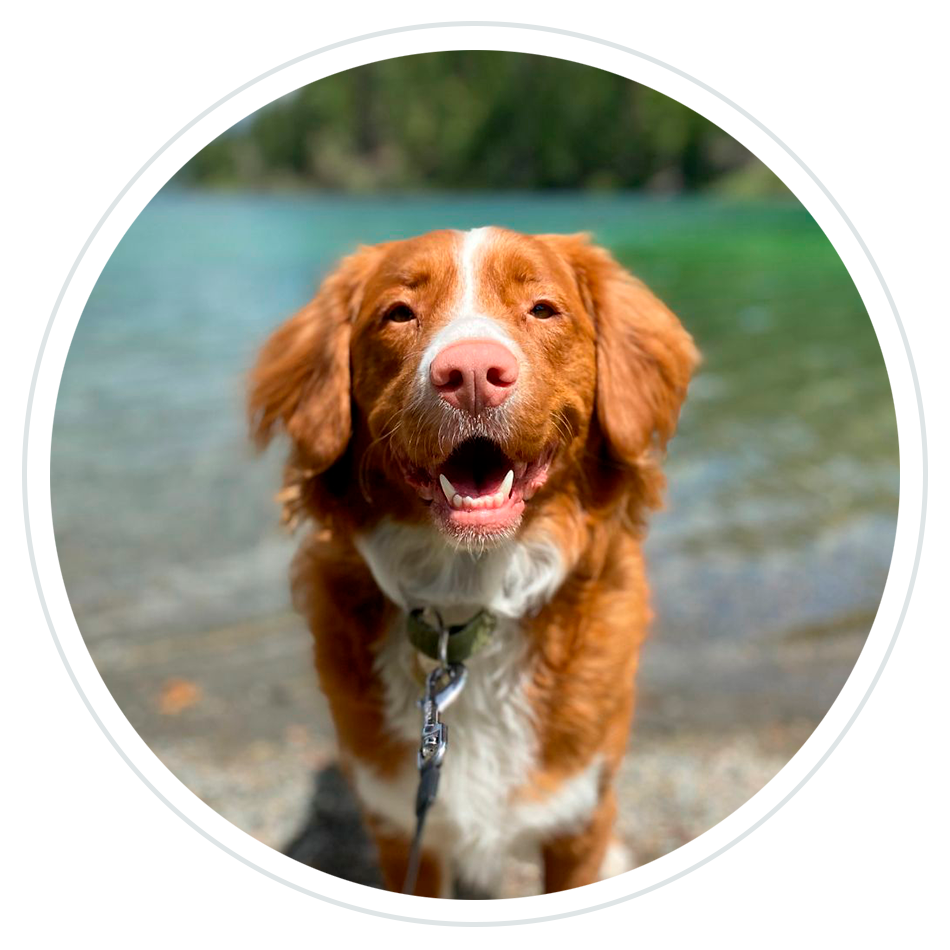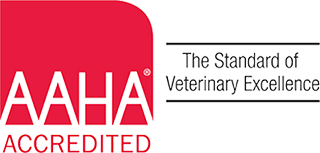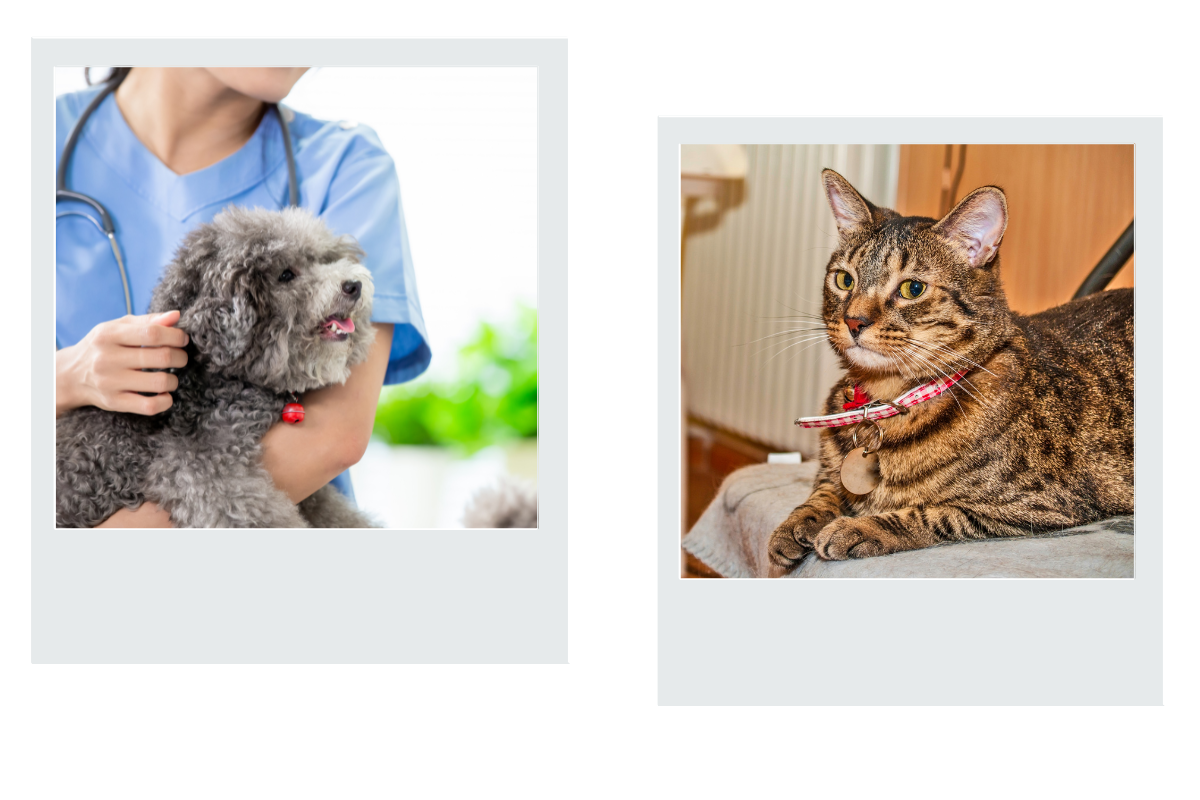WE’VE MOVED! Effective February 5th, we have moved our practice across the street to 1288 SW Simpson Ave, Suite G.
We look forward to welcoming you and our LaPaw Animal Hospital friends at our new location!
Proudly Welcoming New Clients!
Explore Our App
Discover convenience with our pet care app. Seamless appointments, health updates, and more!
Shop Our Online Pharmacy
Explore our online pharmacy for pet essentials. Easy ordering, doorstep delivery, and quality care!
Access New Client Form
Streamline your pet’s care. Access our new client form for hassle-free registration and personalized service!

About Westside Pet Hospital
At Westside Pet Hospital, we believe that pets deserve the same gentle and compassionate care that humans receive. Our veterinary practice in Bend, OR, was built on a foundation of warmth, friendliness, and family.
We take an extremely thorough approach to veterinary care because we believe in treating the whole pet – body, mind, and spirit. That’s why we offer a wide range of veterinary services featuring a balance of conventional medicine and alternative treatment options, including acupuncture.
Our goal is to always achieve the ideal outcome so we can help your loved one enjoy a truly incredible life. If you are part of the Bend, OR community, we invite you to come to see what our veterinary care and acupuncture services are all about! Hugs, cuddles, and excellent care are in store for you both. We hope to see you in our Bend, OR clinic soon!

We’re Proudly AAHA-Accredited!
We’re delighted to share that Westside Pet Hospital is AAHA-accredited. The American Animal Hospital Association (AAHA) is an organization that sets over 900 rigorous standards in areas such as patient care, surgery, diagnostics, and facility maintenance, and accreditation is a voluntary process that hospitals can undergo to demonstrate their dedication to excellence in animal healthcare. The trust that comes with AAHA accreditation is invaluable to us. We take great pride in upholding these industry-leading standards, providing peace of mind to pet owners, and ensuring the well-being of our patients.
Complete Veterinary Care in Bend, OR
At Westside Pet Hospital, we provide a wide range of veterinary services to care for your pet. Our experienced veterinarians and staff are dedicated to providing the best possible care for your furry friend.
Meet Our Veterinary Team
Our experienced and dedicated professionals are committed to ensuring the well-being of your beloved pets. From skilled veterinarians to caring support staff, each team member is passionate about fostering a trusting relationship with you and your furry family.
We prioritize open communication, personalized attention, and staying abreast of the latest advancements in veterinary medicine. Rest assured, your pets are in capable and caring hands at Westside Pet Hospital – where their health and happiness are our foremost concerns.

Thank You for Making Us One of the Highest-Rated Veterinary Hospitals in Bend, OR
Your trust and support have been instrumental in our journey, and we want you to know how much it means to us. We look forward to continuing to provide you and your pet with only the best that the world of veterinary care has to offer.

